of SmartAgriHubs
The magnitude
375+
Digital Inovation Hubs
3600+
Active
Users
255+
Competence
Centers
495+
vents
115+
News items &
Blog articles
110+
Lessons Learnt
9
Regional
Clusters
7
Sectors
77
Innovation
Experiments
14
Newsletters
28
Flagship
Innovation
Experiments
SmartAgrihubs Innovation Portal
In the spotlight
SmartAgriHubs Innovation Portal – The beginning of the journey
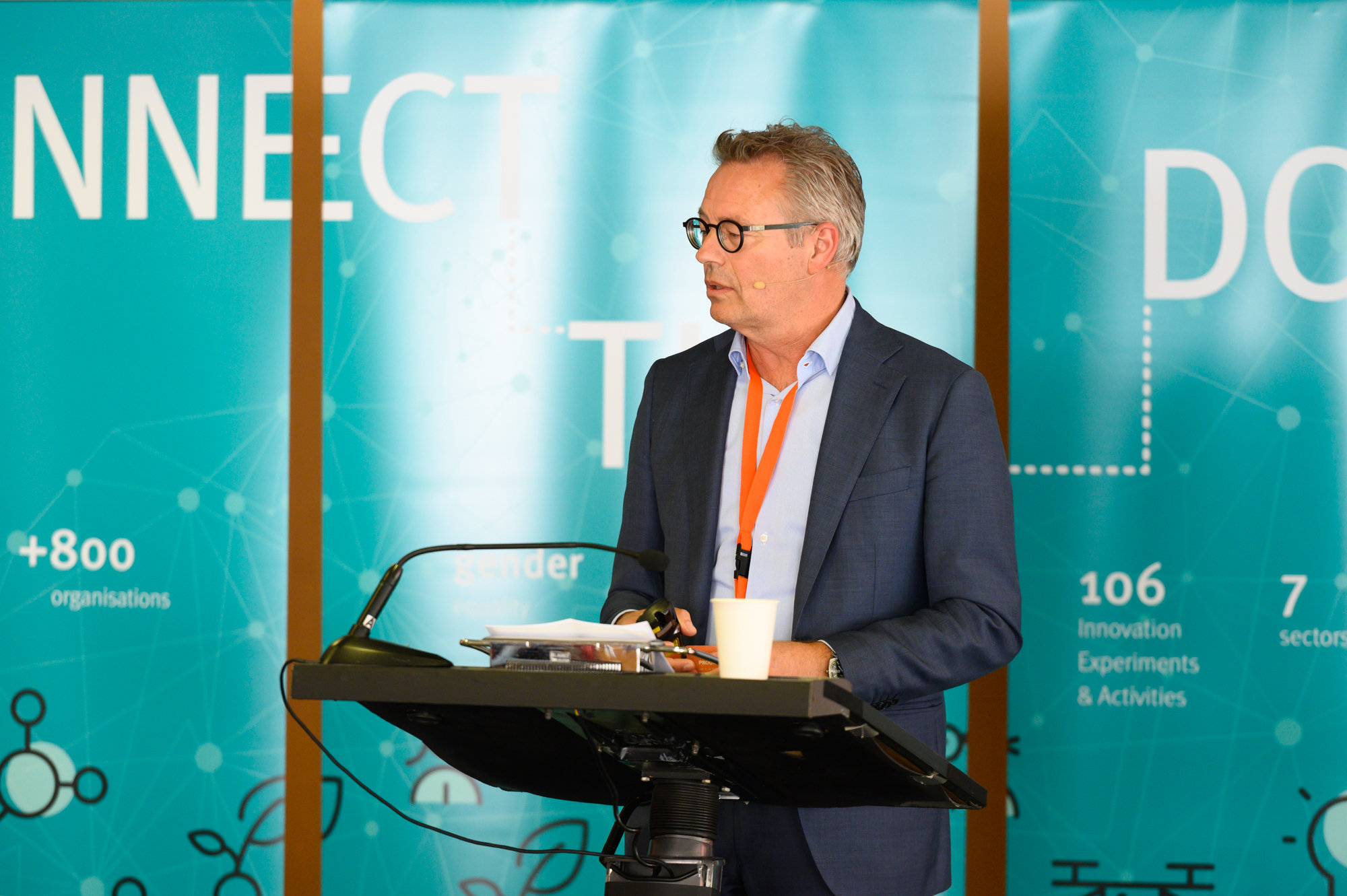
SmartAgriHubs has successfully transformed its community into a lively ecosystem and expanded beyond expectations. One core tool to succeed was – and still is – the Innovation Portal.
The SmartAgriHubs platform offers a physical place for our ecosystem to connect and grow. Thanks to your input, the Innovation Portal possess over 3600 active users and 981 organisations including 379 Digital Innovation Hubs and 256 Competence Centers!
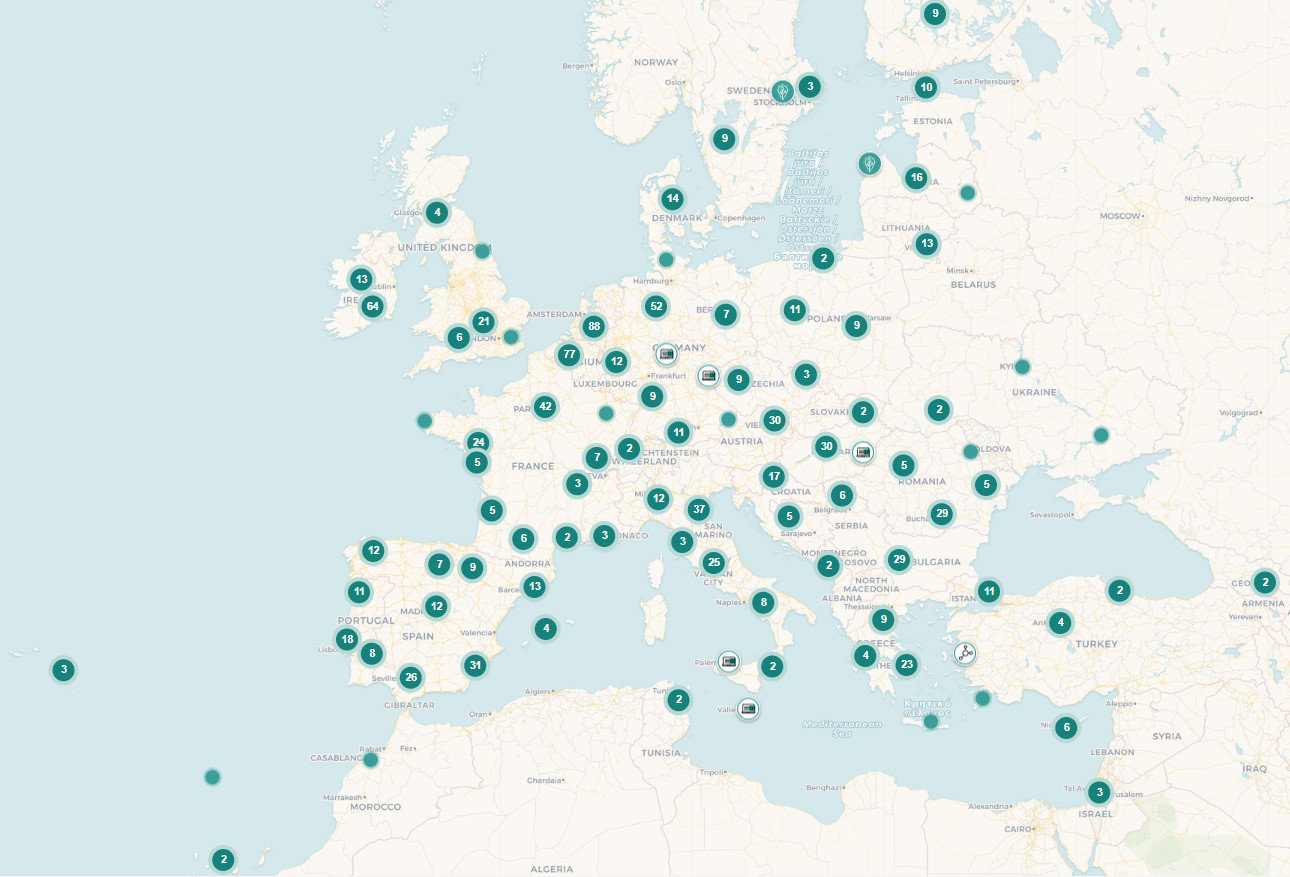
However, these numbers are only the first milestone for the Innovation Portal! With the project partners, we are securing commitments to pursue our work and further increase the SAH ecosystem. With more people and organisations, the SAH ecosystem will become even more autonomous and new horizons will emerge. Whether you are organising events, participating in events, or have read or published a piece of paper about the digitalisation of agriculture in the EU, share it on the Innovation Portal!
Let’s work together to maintain the Innovation Portal as a lively place where the ecosystem can connect and learn from each other.
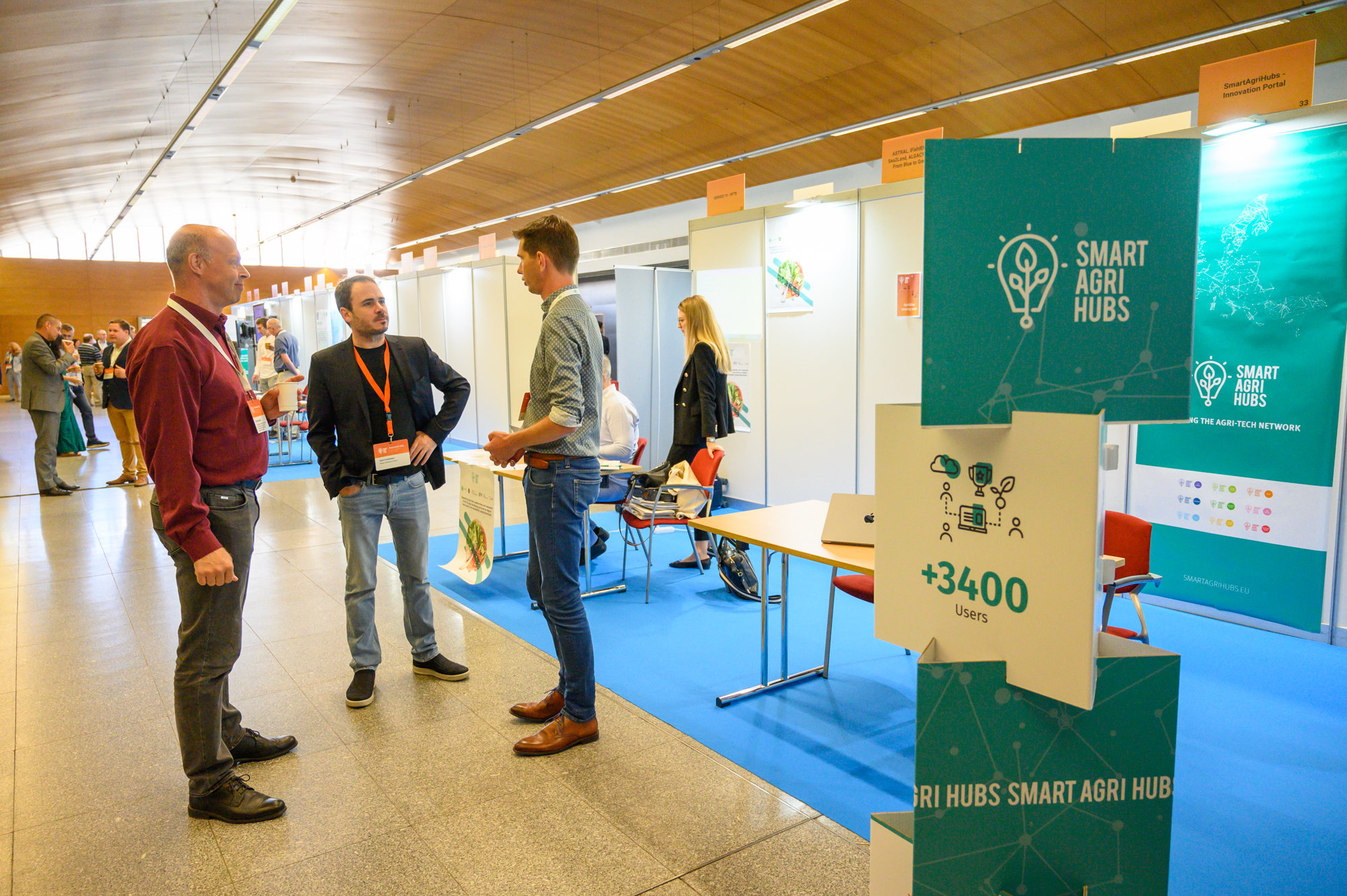
STRATE-GEEK
Sustainability in the agricultural sector requires a shift towards new production systems that need to be profitable, based on ecological intensification, adapted to local conditions, and easily manageable by farmers. Decision-making in crop farming has to consider improving production level, profitability and resource use efficiency, while reducing environmental impact.
A farm is a complex ecosystem with many criteria to be taken into account when setting up a farming strategy. The challenge is to anticipate the consequences of each decision and assess the impact on economic, social and environmental performance.
A solution to this challenge is the development of a strategic decision support tool (DST) which allows for crop farmers to sustainably maintain a high-level of production in terms of quantity as well as quality. Such a DST has been developed by the Digital Innovation Hub (DIH) Digifermes®, a network of experimental farms that promotes a vision of connected agriculture by supporting the development of digital solutions for farmers. Digifermes® is supported by two Competence Centres: ACTA Digital service and Arvalis.
ACTA Digital Services creates the new interface to facilitate access, consultation and interoperability of the tool, while Arvalis provides its SYSTERRE® multi-criteria evaluation tool. This is the basis for STRATE-GEEK, an online tool which allows for a precise diagnosis of agricultural practices on a farm. On the basis of this situational analysis, the expert will be able to carry out an assessment of the farm's multi-performance and advise the farmer according to his/her priorities.
If the farmer wishes to make a change in practice or make a specific investment, he/she will immediately be aware of the economic, technical and environmental repercussions. For example, a farmer planning to convert to organic agriculture will know upfront the impact this will have in terms of work organisation, economic results and environmental footprint. The farmer will therefore make his/her decision in a fully informed manner.
The decision-making tool can be used by all farmers and advisors and will enable producers to control critical parameters throughout the year and make all the right decisions when it comes to sustainable farming. Digifermes® intends to test and evaluate the impact of the new online tool on a large number of farms.
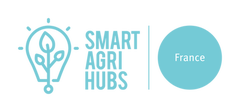

Regional Cluster
France
Sector
Livestock and Arable
End user
Farmers
Product
STRATE-GEEK enables the SYSTERRE® tool to be developed in web format. This multi-criteria assessment tool is intended for all professionals in the agricultural sector (i.e. advisers, storage agencies, farmers, R&D, experimentation, etc.) seeking to measure the impact of their practices and wishing to take part in progress and transition approaches towards agri-ecological practices.
Contact
Laurène Casal
L.CASAL@arvalis.fr
https://www.linkedin.com/in/laurene-casal/
Teaser Strate-GEEK : https://www.youtube.com/watch?v=SM95XdJ99dM
Partners
ACTA - French Agricultural Technical Institutes Network
ACTA Digital services
Terrasolis
Arvalis - Plant Institute
Tracking Animal Movements and Health Records
Every animal transport is legally required to be accompanied by a plethora of paperwork obtained from multiple sources. Not only does this imply increased and non-transparent bureaucracy, but it is also prone to human error, and, furthermore it is wasteful - imagine the amount of paper that is consumed by printing out all of the documentation for each and every animal transport. Then imagine how difficult it is to verify each and every transport.
A solution for this is a reusable smart tag - an ultralight, battery-powered IoT device capable of holding animal transport information and disseminating this information to other smart tags. The IoT device is encapsulated in a novel casing which allows attaching it to animal ear tags during transports. The smart tags are configured and verified automatically using mobile applications that synchronize with the national database containing animal and transport identification information.
Imagine you have a 100 cows waiting to be loaded onto a truck to be transported to your desired destination. You pull out your phone and open your Farmer app - with a few clicks, you obtain transport documentation validated, approved and signed by all of the authorities. You then grab a handful of smart tags, use the mobile app to configure one of them by placing it under your phone, and then attach the smart tags to a few of the cattle. Now you’re ready to load the animals onto the truck and be on your way.
One of the biggest challenges we were faced with even from the beginning of the project was to discover the means for attaching smart tags to animals. Megabyte was the Competence Centre tasked with developing a solution for solving this problem and they have continuously helped us in designing a casing that would allow the smart tag to be reusable while protecting the electronics. Megabyte always tinkers and updates the design to make sure that the smart tag is protected from water, heat and physical damage.
In our project the key ingredient of a productive day is keeping in touch with everyone involved in the project, now more than ever, given the Covid-19 context. A typical day consists of connecting the project teams to the plan for checking the progress of the execution plan. This generally starts with synchronizing with the engineering teams for checking the uptime of the server applications, monitoring the stability of the mobile applications and checking if any updates need to be made to the hardware of the smart tags. Furthermore, keeping in touch with farmers and stakeholders is also on the agenda, for ensuring good usability of the product and determining whether improvements are necessary. There are occasions that also require field testing of the solution in real circumstances for discovering possible issues that may have been overlooked during experimental conditions. The day is concluded by updating documentation, meeting minutes and mitigating any risks that came up during the meetings.
Something funny/interesting
Every partner in the FIE has one cranky engineer on the team. When all of the cranky engineers are in a meeting, although it seems that they’re all disagreeing, they are, in fact, truly enjoying themselves and coming up with novel solutions for any problem they are tasked with.
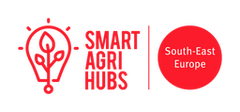

Regional Cluster
South-East Europe
Sector
Livestock
End user
Livestock farmers
Product
Our FIE provides an integrated product composed of both hardware (smart tags) and software (web and mobile applications) that integrate users into our digital ecosystem linked to the national animal database. The end-users of our product are farmers and transporters, which create accounts on our platform to be able to request and obtain signed animal transport documentation, that they can further configure on the purchased smart tags for enabling the transport digital validation.
Contact
Ovidiu Vladu
Partners
mAgro
IQ Management SRL
SmartRDI Research and Development
International SRL
Megabyte Limited
Caisley Intenational GmbH
Adopting Digital Technologies by Farmers
This experiment is divided into 2 cases – a Danish case concerning arable farming and a Swedish case concerning livestock – and the common challenge is that implementation of technologies by farmers is too slow. Farmers and advisors could in their everyday work benefit from using more technology, but it is difficult to enhance technology adoption by farmers and advisors.
Together with Agtech companies and advisory services, we develop services with a focus on making farmers more efficient with investments/upgrade of digital technologies that strengthen the farmers ability to get greater benefits by using digital solutions.
In Denmark, graduated seeding is used as a case. It is often the same places in the field where it is difficult year after year to establish a uniform plant cover. Although, it is profitable for the farmers to use graduated seeding many farmers don’t use it. The reasons are often that the farmers don’t have the right equipment, or they don’t have the knowledge to use it optimally.
In Sweden, the PigScale technology, with picture analysis of the pigs in order to weigh them during the growing period, gives many advantages in management such as feed optimization and stable environment. It is a useful online system that provides information which is produced without disturbing the animals or creating a lot of work for the farmer. The information can be used broadly within Pig production management.
At the moment, the work focus lies mainly on “Teams” meetings and on helping the demo-farm in getting the technology to work. Also, the SME company focuses on the constant improvement of the product. And of course, the actual value proposition in what the technology can provide for the farmer is also on the mind of the adviser services people every day.
The cooperation between DIHs and CCs is very valuable for the project. For example, in Denmark, DIH SEGES has facilitated the work between the AgTech company, the advisory service and the Danish Technological Institute. Also, they are currently coordinating the testing and validation of service concepts.
Something funny
In Denmark and Sweden, FIE is a common girls name as an abbreviation for Sofia, so we often refer to FIE4 as a female
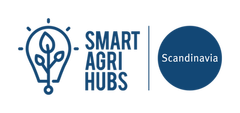

Regional Cluster
Scandinavia
Sector
Livestock and Arable
End user
Livestock and arable farmers
Product
We will produce a user-friendly support concept for digital upgrading and a front-end service application for PigScale. Also, we will make an evaluation report with identified uptakes and barriers. Automatic weighing of pigs will provide a better profitability, and increased animal welfare..
Contact
Jan Rundqvist
janne.rundqvist@agrovast.se
http://www.smartagritech.se/ as a teaser
Partners
Smart Agritech Solution of Sweden AB
DIH Food & Bio Cluster Denmark SEGES
Swedish University of Agricultural Sciences
University of Skövde
Magic Circle
Danish Technological Institute
Ammonia Emission Monitoring Network
Sustainable farming is a balancing act between the 3 P’s people, planet and profit. In their business models, livestock farmers continuously need to balance animal welfare and environmental aspects, especially regarding reduction of emissions of NH3 (ammonia) and greenhouse gasses. Accounting for emissions is a fairly new but increasingly important part of farming. As the farmer cannot rely on experience alone to tackle this problem, technical solutions need to be developed.
A sensor network in the barn provides the farmer with actionable data to optimise the indoor climate while reducing emissions. Each sensor node in the barn measures NH3, CO2, temperature, humidity, light and pressure. A climate computer subsequently analyses these data and optimises the indoor barn climate by adapting the ventilation settings. The number of necessary nodes depends on animal type and the size and type of the barn.
The solution which is currently being developed are two sensor networks: one for dairy cattle (20 nodes) and one for pigs (10 nodes). The data is checked and analysed daily, with the researcher aiming to minimise the number of sensors required to get all required climate data. This will reduce the cost of the network and make it available to farmers who understand the need for continuously monitoring stable conditions for animal wellbeing and minimising emissions, and for research institutions who need affordable monitoring systems for deployment in case study farms.
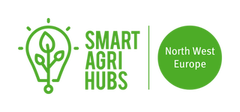

Regional Cluster
North-West Europe
Sector
Livestock
End user
Livestock farmers
Product
FIE 13 will deliver a sensor node network which will give continuous insights into the barn climate and trends of NH3 and CO2 concentration. This product is meant for the (early adopter) farmers who understand the upcoming necessity of continuous monitoring and for research institutions who need affordable monitoring systems for deployment in case study farms.
Contact
Philippe Van Overbeke
Philippe.vanoverbeke@ilvo.vlaanderen.be
https://www.ilvo.vlaanderen.be/
twitter : @ILVOvlaanderen
Partners
Smart Digital Farming (SDF)
ILVO
Hooibeekhoeve
IMEC